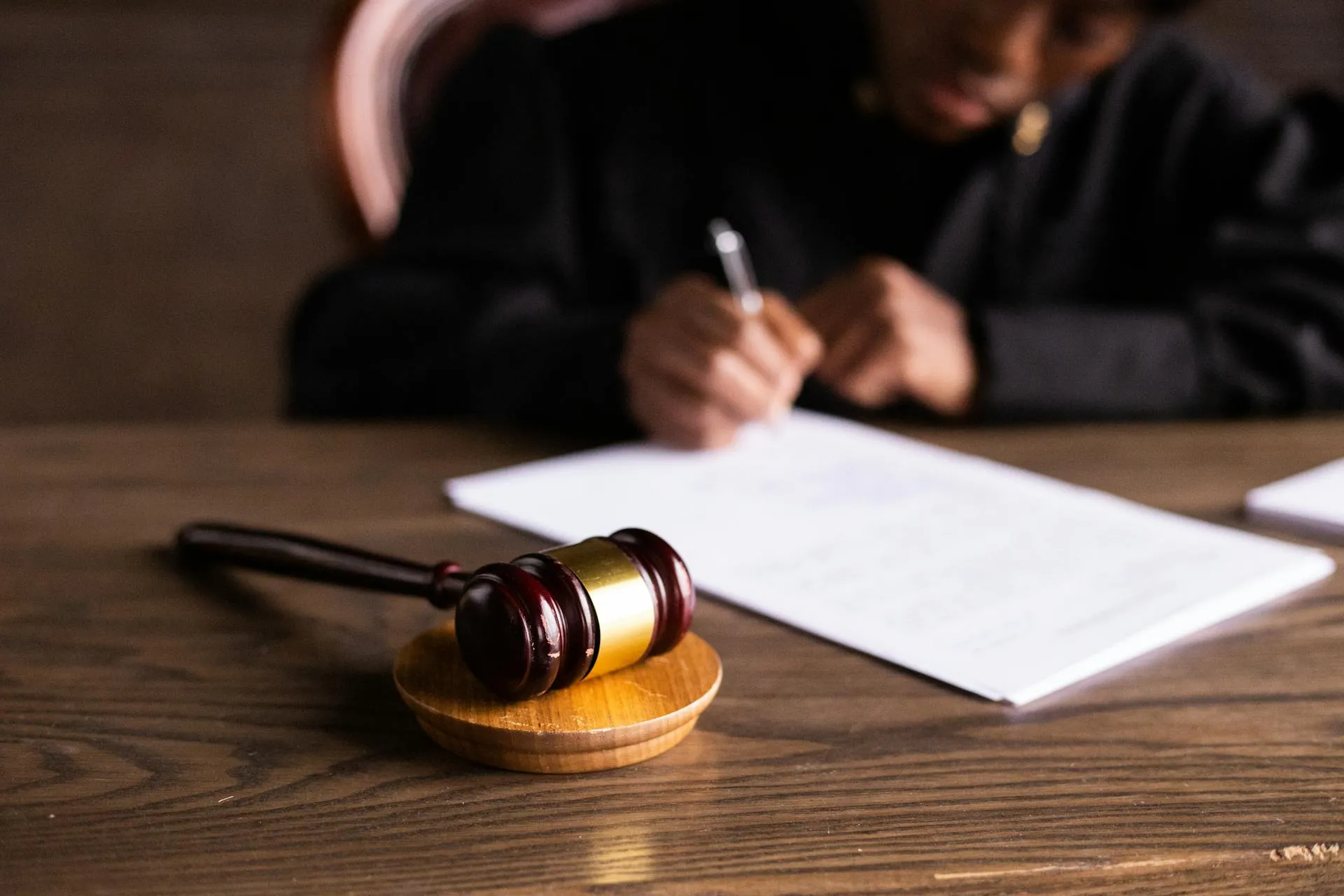AI and the Law is an emerging field that is revolutionizing the way law is practiced. Applications of artificial intelligence in the legal field are transforming processes that were traditionally slow and laborious, such as reviewing contracts and predicting verdicts. This article explores how AI and law are interacting to create a more efficient and accurate future in legal practice.

Contract Review with AI
One of the most notable applications of AI and the Law is in contract review. Traditionally, reviewing a contract was a task that required hours of work by lawyers and paralegals. With the advent of artificial intelligence, this process has become much faster and more accurate.
AI systems are designed to analyze and review large volumes of contracts in a matter of minutes. They can identify key terms, spot potential inconsistencies, and point out clauses that could be problematic. This not only saves time, but also reduces the margin for human error.
In addition, AI and the Law have enabled the automation of repetitive tasks, such as comparing contracts and extracting relevant data. This frees lawyers to focus on more strategic and complex aspects of their work.

Verdict Prediction
Another area where AI and the Law is having a significant impact is in verdict prediction. AI systems can analyze large amounts of historical data, including past cases, verdicts and court decisions, to predict the likely outcome of a specific case.
This is done using machine learning algorithms that identify patterns in the data. For example, an AI system can analyze factors such as the nature of the crime, the characteristics of the defendant, and the judge’s track record to predict how a case is likely to be resolved. UNESCO is currently offering a course that provides information on the dangers and opportunities of the increasing use of these technologies in judicial systems.

Advantages of Using AI in the Law
The use of AI and the Law offers several distinct advantages. First, efficiency is one of the most important. Tasks that used to take days or weeks can now be completed in a fraction of the time. This not only saves costs, but also speeds up access to justice.
Accuracy is another significant advantage. AI and the Law reduces the risk of human error by analyzing large amounts of information accurately. This is particularly useful in contract review, where even a small error can have serious consequences.
In addition, AI enables deeper and broader analysis of data, which can lead to better decision making. For example, in verdict prediction, AI can consider a variety of factors that a human might overlook.

Challenges and Ethical Considerations
Despite the advantages, the use of AI also presents challenges and ethical considerations. One of the main challenges is the lack of transparency in AI algorithms. Often, decisions made by AI are not fully understandable to humans, which can lead to concerns about fairness and justice.
In addition, there is a risk of bias in AI algorithms. If the data used to train these systems is biased, the AI can perpetuate and amplify these biases in its predictions and recommendations.
Another challenge is liability. If an AI system makes a mistake, who is responsible? This is a legal and ethical question that still needs to be resolved as AI and the Law continue to evolve. It is for this reason that the use of these tools must be debated to delimit their use and liability.

The Future of AI and the Law
The future of AI and the Law looks promising, but also full of challenges. As technology advances, we are likely to see an increase in the use of AI in various areas of law, from contract review to verdict prediction and beyond.
However, it is crucial that these developments are undertaken with care, considering the ethical and legal implications. Laws and regulations will need to adapt to address the unique challenges posed by AI and the Law, ensuring that the technology is used in a fair and equitable manner.
Conclusion
AI and the Law are transforming the legal field, offering new tools that can improve the efficiency and accuracy of legal processes. From contract review to verdict prediction, artificial intelligence is opening up new possibilities for lawyers and judges.
However, it is essential to address the ethical and technical challenges that accompany the use of these technologies. With a careful and responsible approach, AI and the Law can work together to create a fairer and more accessible legal system.

